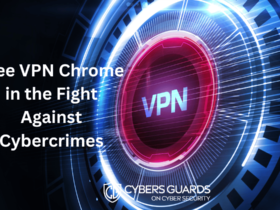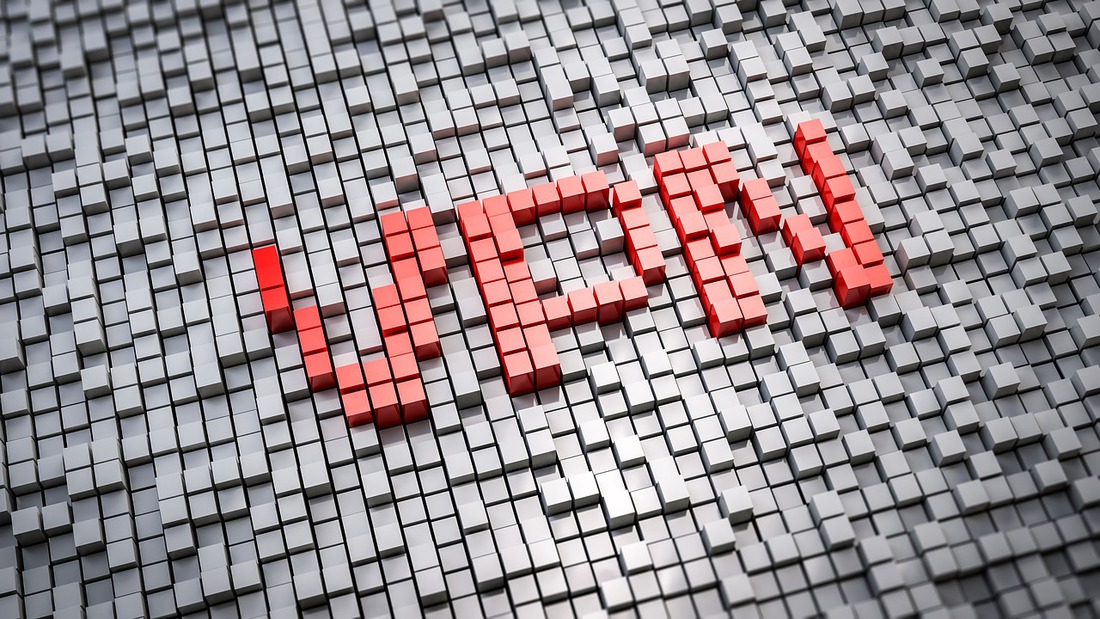Proxies and VPNs; two very important and competing tools that help shield internet users from the many harms of the web. They both work to conceal users’ information while rerouting requests and data through themselves. Yet, the way each does this is very different from the other.
Also, it is evident that, for businesses especially, one holds greater benefits than the other. Today we will see what they are, how they both work, their benefits, and which is more superior for companies.
What Is A Proxy?
A proxy can be defined as a gateway tool or computer that stands between an internet user and the rest of the internet and has its internet protocol (IP) address, proxies, and locations. Therefore, it can act as an intermediary, using its details to transfer requests on behalf of the client.
When proxies do this, they invariably keep the user anonymous and their activities private. They also provide a firewall filter and an extra layer of security for those who use them. This extra security is important for many reasons, including securing their web activities and increasing email security.
How Does A Proxy Work?
A proxy works in clearly defined steps described below:
- You first enter a request to a target website
- The proxy receives the request and sends it out using its information
- The proxy bypass any restrictions by easily switching to another location and bypasses bans and blocks by switching different proxies and passing any CAPTCHA tests easily
- The request reaches the target server, which views the proxy as a real user
- The data you requested is extracted and returned to you via the same route
- The proxy screens the returning data for any sign of malware and only allows it to get to you when it is satisfied that the data is safe
Main Benefits of Proxies
Now let us look at the main benefits of using a proxy for your business:
1. Bypassing Geo-Restrictions
We see daily cases of people being unable to access certain parts of the internet because they reside in some restricted geo-location. This is what is generally known as geo-restriction. One of the main benefits of using a proxy is that most proxies come equipped with over 100 different locations, and a user can easily switch to any of them to bypass this type of restriction.
For instance, if you are trying to access data from an Australian website and you are always getting restricted because you live in a forbidden location, an effective trick would be to use a proxy Australia and switch your location to Australia. If you consider this as an option for your business, learn more on proxy Australia.
2. Improving Corporate Security
There is nothing worse than having the internal security of your organization compromised. Data can get breached, and vital information can fall into the hands of cybercriminals. By keeping you anonymous, keeping your activities private, and checking your data for any threats, the proxy adds the benefits of security to your company.
3. Saving Bandwidth and Improving Speed
Smaller bandwidth and faster internet connections are as crucial to a business as any other thing. A company that cannot quickly access data suffers some unpleasant consequences – from delayed decision making to almost zero productivity.
Using proxies benefits brands by reducing the bandwidth of every traffic and facilitating the faster transfer of communications.
4. Preventing Servers from Crashing
Proxies benefit the user, but they do not stop there; they also benefit the target servers. For instance, they help balance out traffic amongst the available servers and use caching mechanisms to store data so that some queries do not reach the servers.
All these reduce the load on the servers and prevent them from crashing.
What Is A VPN?
A VPN stands for Virtual Private Network and is defined as a tool that helps transfer requests from the client to the internet. It does this by creating a tunnel on a private server so that every time the user makes a request, it is routed via that tunnel to the end destination.
The receiving server only sees the request coming from the VPN and not the actual user. This is important for several reasons. First, it can effectively hide the user’s identity, secure data using encryption, and allow the user to browse the internet more freely using the communication tunnel.
How Does A VPN Work?
Below are practical steps that describe how a VPN works:
- You send out a request which the VPN software on your device accepts
- Then it creates an encrypted tunnel via a secured server before encrypting your request
- Your encrypted request is sent out to the final destination before it is decrypted by the VPN server to allow the receiving server to understand your request
- The data you requested is collected and sent back to you via the VPN
- The VPN server again encrypts the returning data before sending it to you
- When it gets to your device, the VPN software decrypts the data so you can be able to read and understand it
Main Benefits of A VPN
There are several benefits to using VPN for your connections, and here are the main ones:
1. Keeping You Anonymous
A VPN hides your location and IP address to keep you anonymous during all your online operations. It transfers your communications back and forth using an encrypted tunnel, and even though the activities can be traced, they can only be traced to the VPN server and not to you.
2. Providing Security and Protection
A VPN can effectively encrypt your data between you and the target server so that no other person can read or interfere with your data.
This is important to stay secured and protected.
3. Bypassing Geo-Restrictions
Depending on which VPN you use, you can also enjoy the benefits of bypassing geographical restrictions.
Conclusion
In conclusion, a proxy and a VPN perform the same function; however, a proxy seems to be superior from all indications.
For instance, by passing your communications via a tunnel on an external server, a VPN makes the connection very slow and tedious, and a clampdown on the VPN means a clampdown on all your activities as well.
Not only that, because your activities can be traced back to the VPN server, it is easy for the target server to create a browser fingerprinting that can sooner or later be used to identify you.
Lastly, VPNs do not cover as many countries or services as proper proxies do. So while it is great for personal use, you may want to consider using proxies for your business operations.











Leave a Reply